
Issue 50
May 2024
IN VIVO
By Jessica Koong, Tan Wee Le, Megan Tan and Timothy Tan, students from NUS Yong Loo Lin School of Medicine
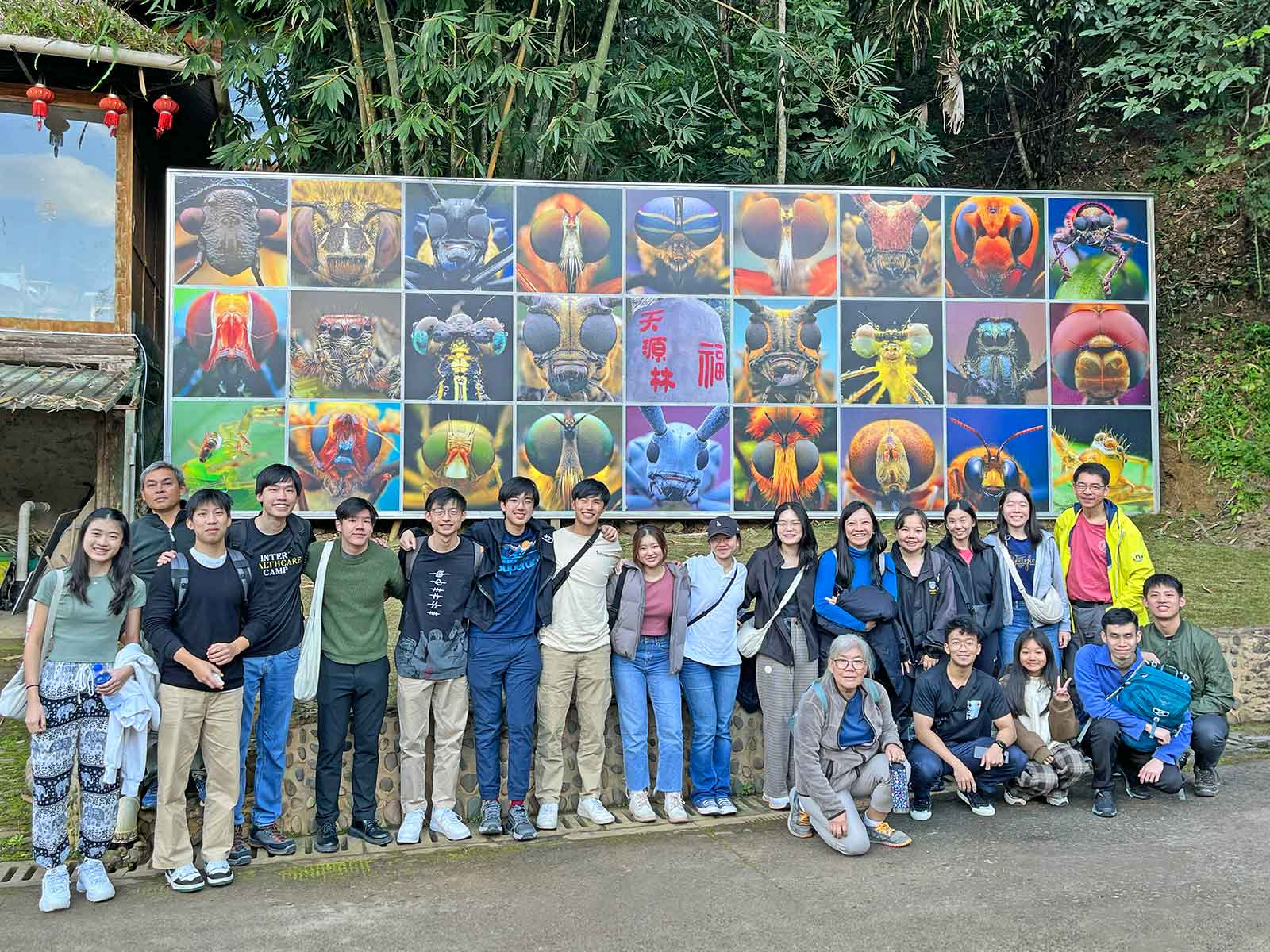
A multidisciplinary Health and Humanity student team from NUS, consisting of students from Nursing, Pharmacy, Social Work, Business and Medicine, gained valuable insights on a recent Study Trip for Engagement and EnRichment organised by the Yong Loo Lin School of Medicine, National University of Singapore (NUS Medicine) to Xishuangbanna, a prefecture in Yunnan, China.
About
Xishuangbanna is an autonomous prefecture in the south of Yunnan, near the Thai, Laotian, Vietnamese and Myanmar borders. The ethnic groups and the local languages in this area are more Southeast Asian than Chinese. Xishuangbanna is a name from the Dai language, which is commonly spoken in the area.
The trip from 27 December 2023 to 7 January 2024 aimed to expose us to community life in rural settings, and the various healthcare challenges and innovations among the different ethnic groups in Yunnan. Other than Xishuangbanna, we also visited communities, schools and hospitals in Kunming and Lijiang.
Visits to Traditional Chinese Medicine clinics and a Dai Traditional Medicine Hospital showed us how Chinese and Western medicine can be integrated. We visited villages to interact with different ethnic groups and gain understanding of rural healthcare, learning about the work challenges faced by rural doctors. One of the highlights of the trip was a night walk into the dense jungle of Xishuangbanna to observe the abundant insect life. We had insect experts who taught us about the importance of biodiversity protection. It piqued our thoughts that there are many more undiscovered species—many beautiful yet endangered ones—plus the whole spectra of untapped possibilities of insects as sources of cure, food and nutrition.
Much of Yunnan is mountainous, enabling us to learn and experience High Altitude Mountain Sickness for ourselves. At 3,500m Jiaozi Xueshan (Jiaozi Snow Mountain) and high altitudes in Lijiang, we were able to understand the risks of altitude sickness and its symptoms better. We learned practical tips from our hiking instructors, including the importance of schedule and planning to cope with altitude sickness—the mountain should be scaled slowly, and with sips of water at regular intervals.
Staying in Dai and Naxi village homes rather than in hotels allowed us the opportunity to learn first-hand the history and culture of the Dai and Naxi people. The Dai village that we stayed at was located at the China-Myanmar border. The village welcomed us into the comfort of their premises, and to explore their culture and traditional ways of living. We interacted with the villagers and immersed ourselves in village life by participating in local activities, including pottery, traditional paper making, rice wine making and sugarcane juicing. We observed that the people in Dai village were able to incorporate modern economic trends into their traditional way of life. As Singaporeans, we too should learn to incorporate Singaporean traditions into new trends of commerce and employment.
Our team visited a leprosy rehabilitation village to understand issues of stigmatisation and how we as healthcare professionals can work together to reintegrate patients into society.
In conclusion, we are very thankful to the NUS Study Trip for Engagement and EnRichment people and NUS Medicine for supporting this trip. Special thanks to Ms Jeanell Tai for providing so much admin support which made our trip go so smoothly.
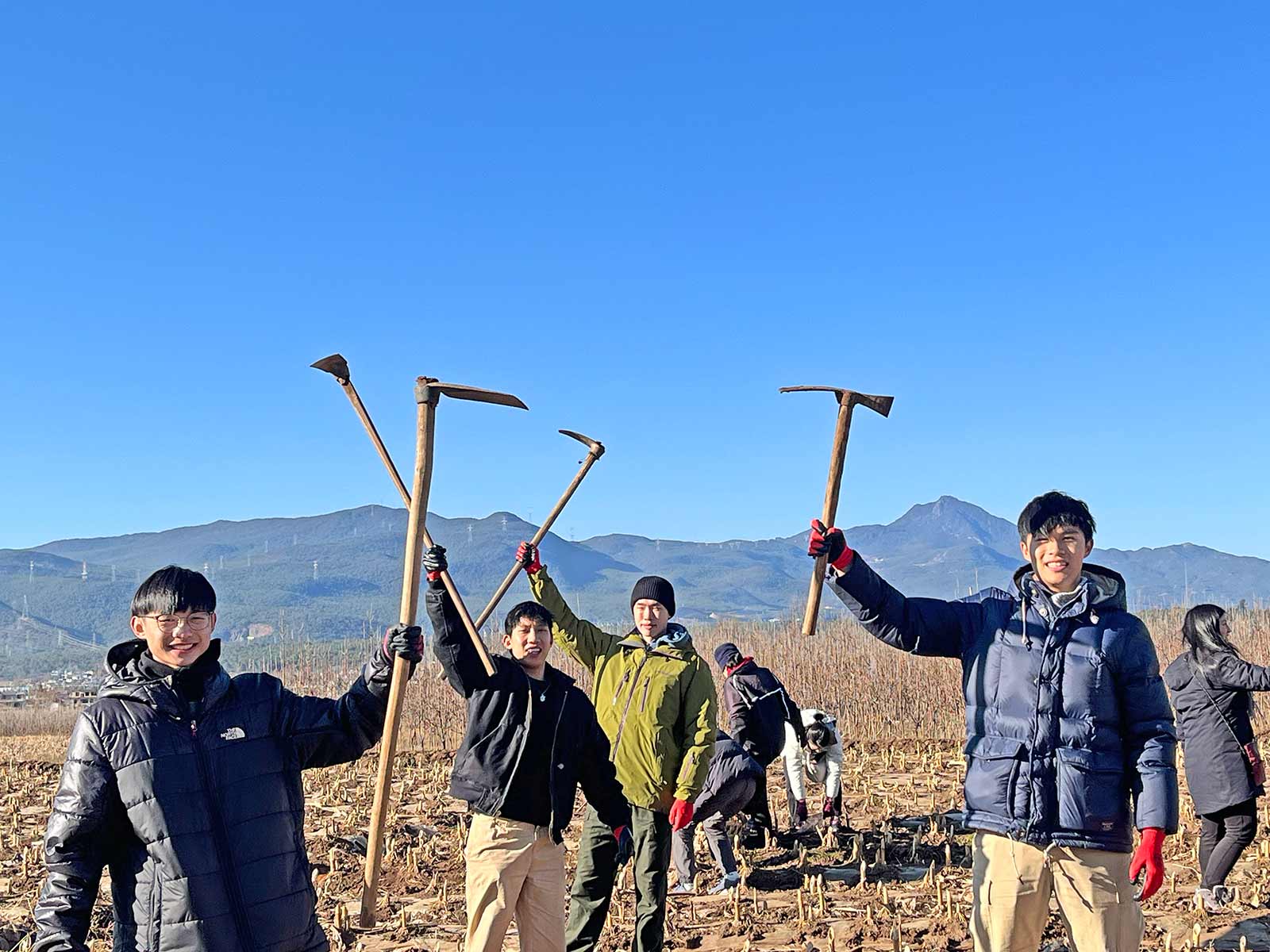
Learning Naxi farming traditions.
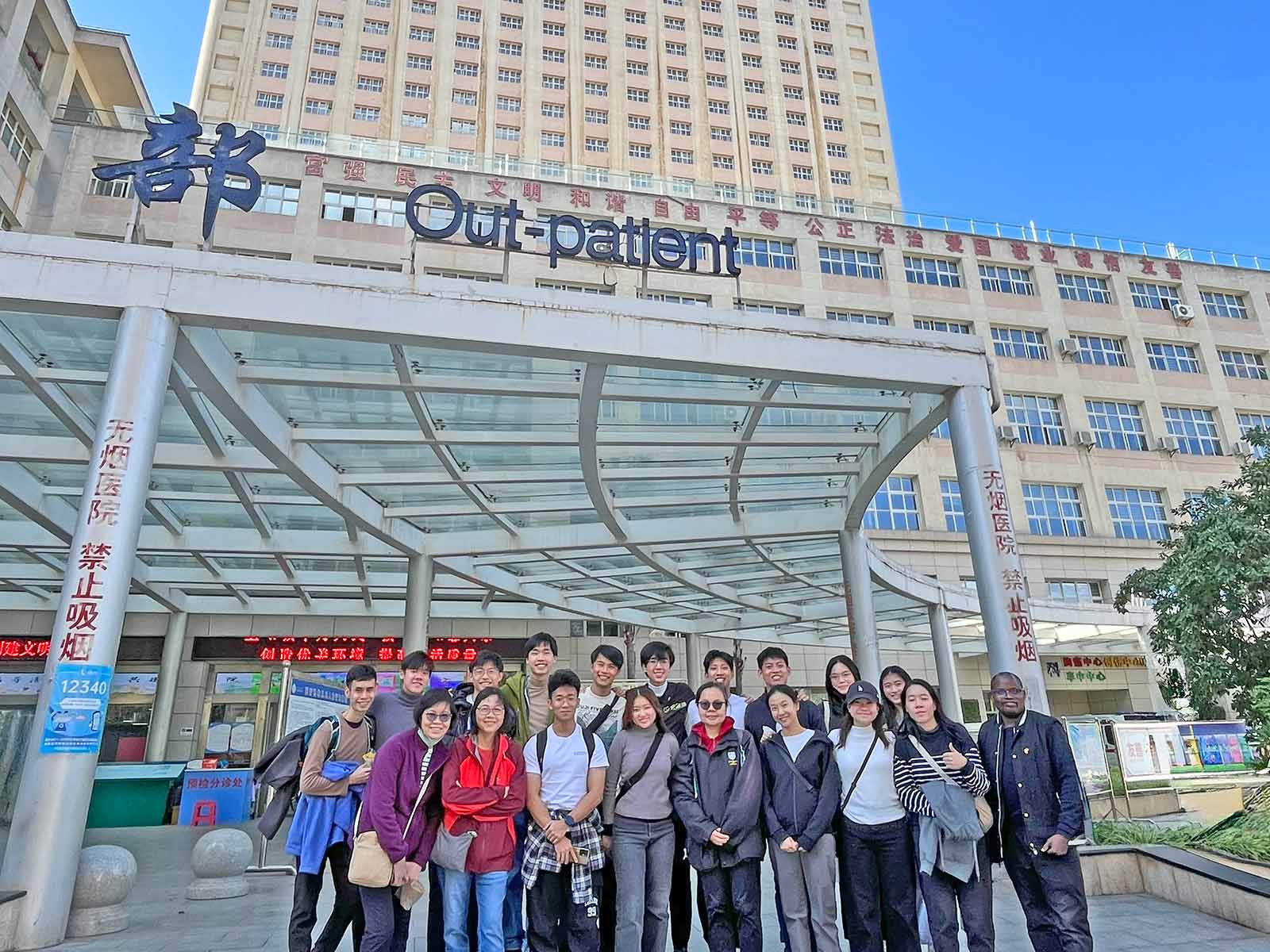
Visiting TCM Hospital.
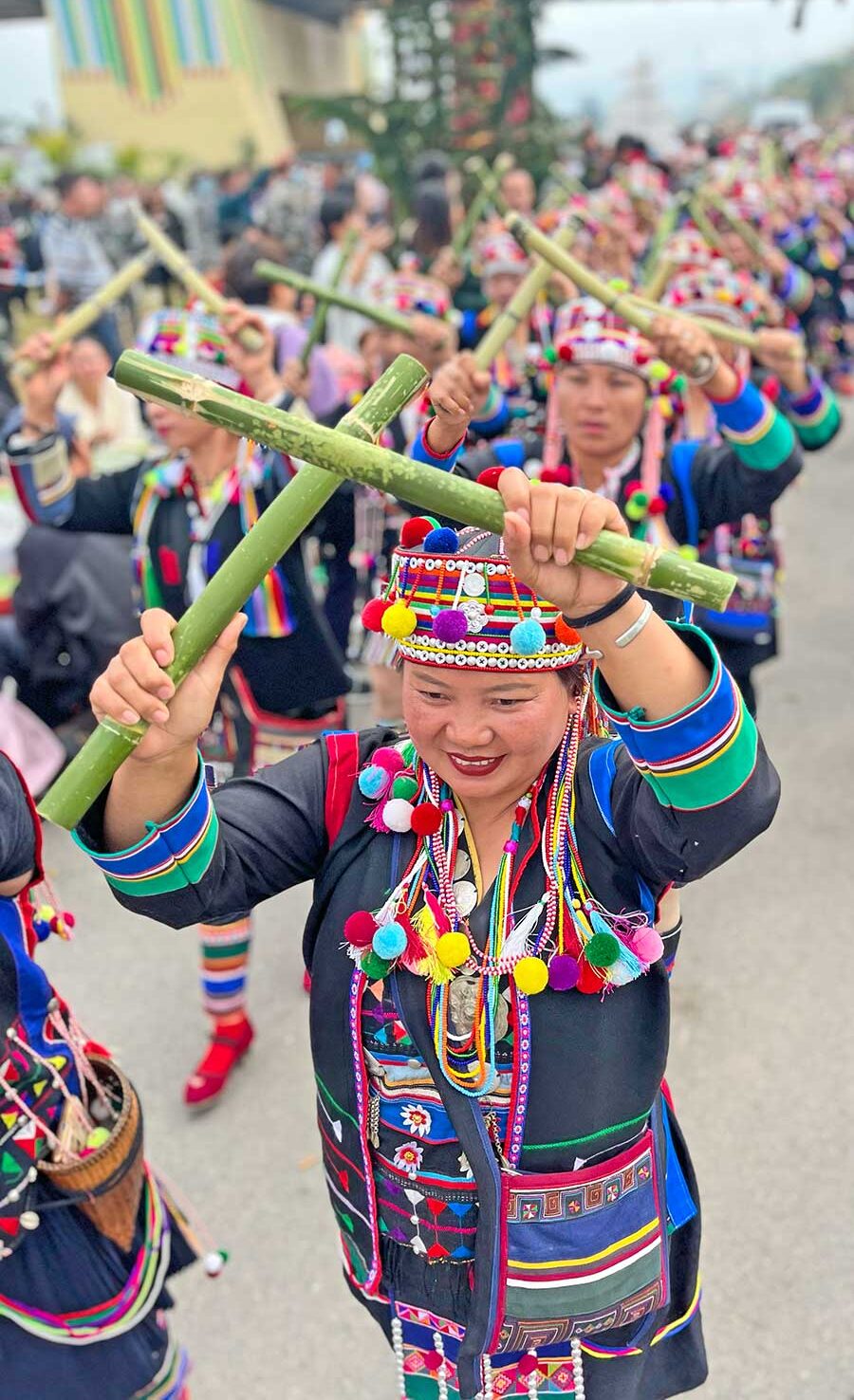
Ahka New Year Festival.
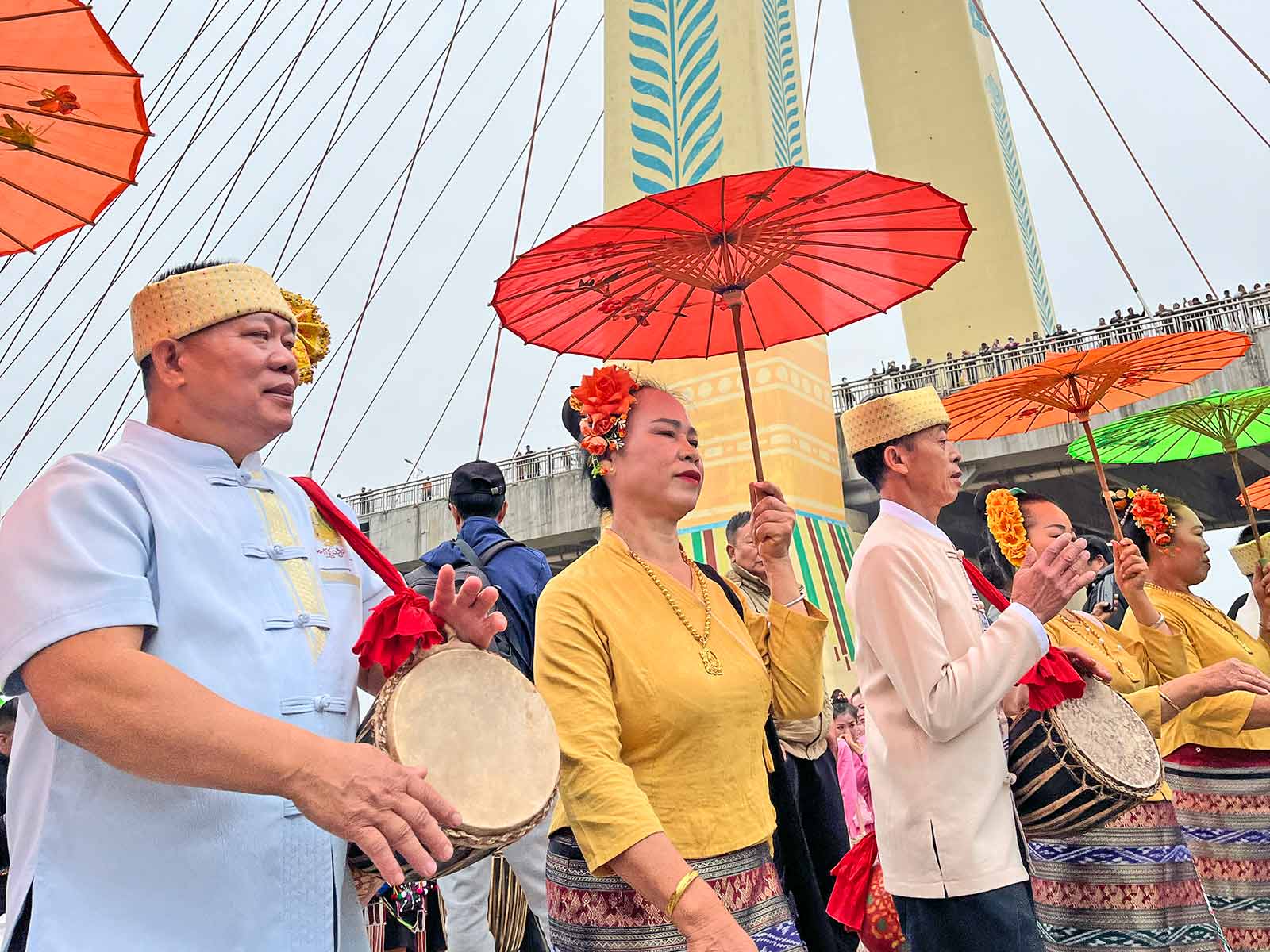
Traditional Dai Costumes.
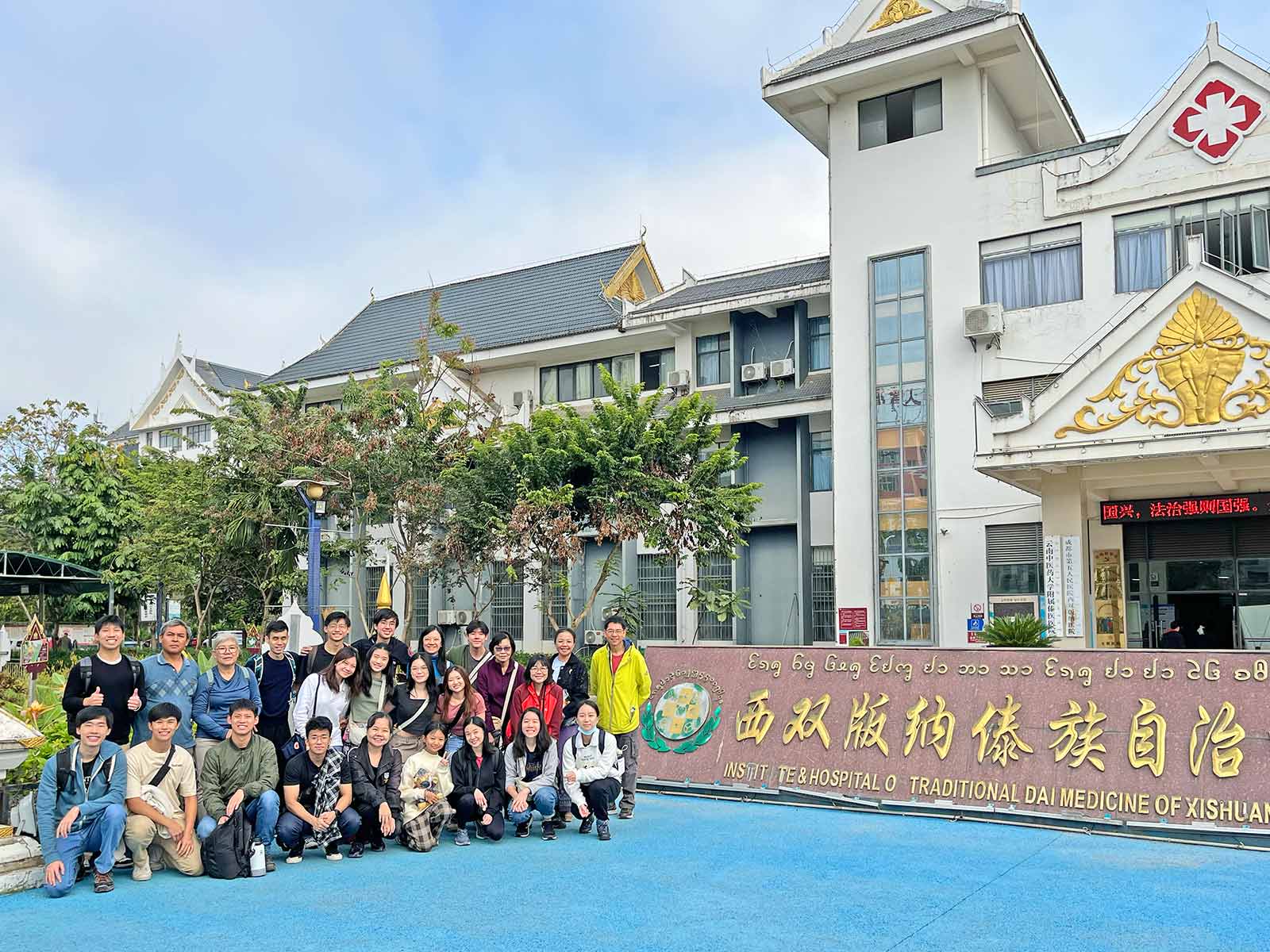
Visiting Traditional Dai Medicine Hospital.
This trip allowed me to experience several ethnic cultures through different immersive events and activities. As a future healthcare provider, I could see first-hand how culture and economics go hand in hand to shape a community's attitudes and approaches towards healthcare. The interactions with various types of healthcare providers in Yunnan as well as with rehabilitated leprosy patients and teachers from a special school also gave me insights into the successes, failures, and current and future challenges they face. Being together with other students, I got to understand the viewpoints and aspirations of peers from different disciplines and look forward to continuing friendships.”
I found traditional medicine (Dai and Chinese) very interesting because it overlaps with the chemical medication we learn in Pharmacy. The understanding we gained on this trip showed me that Western and Traditional Chinese Medicine (TCM) are not mutually exclusive. This exposure would help me with my future interaction with patients who use and believe in TCM.”
The theme of inclusion (or lack of it) stood out to me through our visits to the rehabilitation village, community health clinics and rural homes. These visits helped to explain the tensions between different communities and why minority groups sometimes have less power over their way of life.”
Climbing Jiaozi Snow Mountain was a sobering experience. As I stood on top of the mountain, everything seemed so small and unimportant at that moment. I was fully in the present, surrounded by immense beauty and the grandeur of nature. This experience reminded me that our individual challenges and hardships are so small in the grand scheme of our vast world, and we should look at the bigger picture now and then.”
More from this issue

SCIENCE OF LIFE
What women want to see in pregnancy health apps
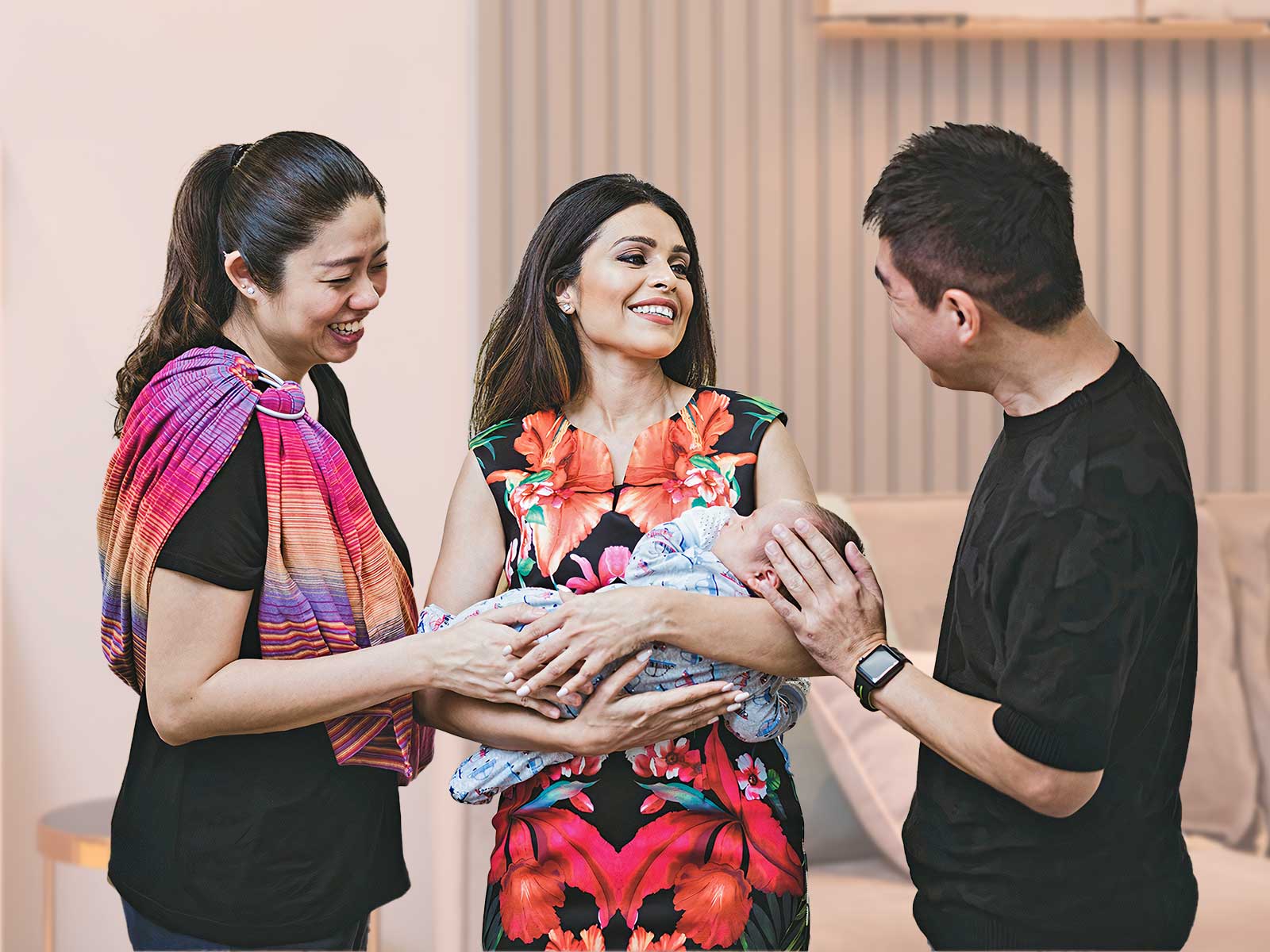
AFFAIRS OF THE HEART
Harnessing AI to Revolutionise Cardiovascular Disease Prediction with ECG Signals

